Sort renewable and non-renewable resources with this cut-and-paste worksheet.
Natural Resources for Kids
Do your students understand the difference between renewable and non-renewable resources? Simply put, renewable resources are substances that come from the Earth that are easily replenished, such as power generated from wind and water. On the other hand, non-renewable resources are not replenished at a fast enough rate. If your students are learning to categorise natural resources, Teach Starter has a cut-and-paste worksheet ready for you to use in your classroom.
With this worksheet, students will look at 12 different pictures and written scenarios and determine if each is an example of a renewable or non-renewable resource. Students will cut, sort and paste each of the squares onto the provided recording sheet.
An answer key is included with your download to make marking fast and easy!
Tips for Differentiation + Scaffolding
In addition to independent student work time, use this worksheet as an activity for:
- lesson wrap-up
- fast finishers
- homework assignment
- whole-class review (via smartboard).
If there are students who finish the activity early, encourage them to list additional renewable and non-renewable resources on the back of their worksheets.
For students who need assistance with the concepts, encourage them to complete the activity with a peer tutor or with a small group of students. Discuss with students why each example is a renewable or non-renewable resource.
🖨️ Easily Download & Print
Use the dropdown icon on the Download button to choose between the PDF or editable PowerPoint or Google Slides version of this resource.
Get more worksheets to have handy!
This resource was created by Kaylyn Chupp, a Teach Starter Collaborator.
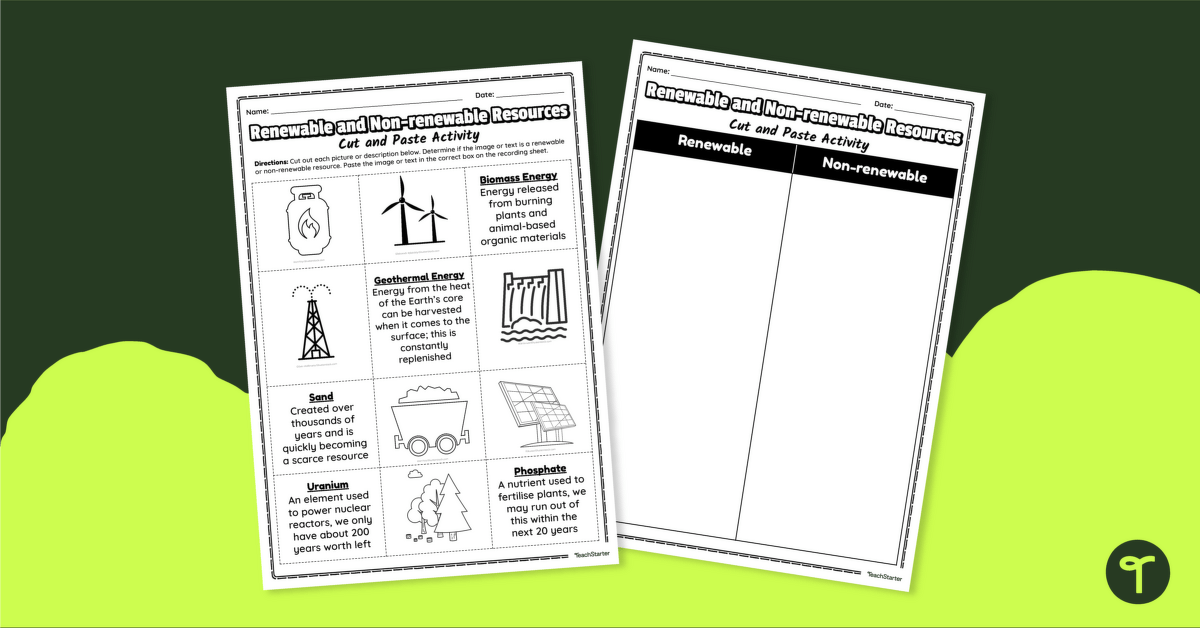

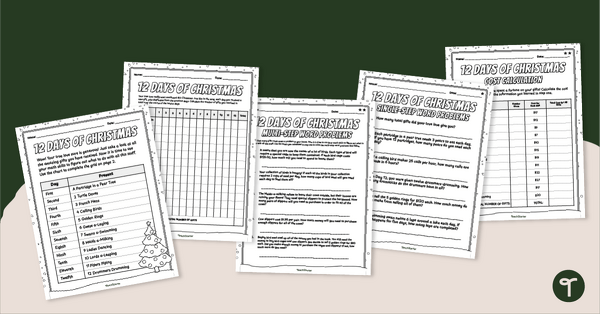
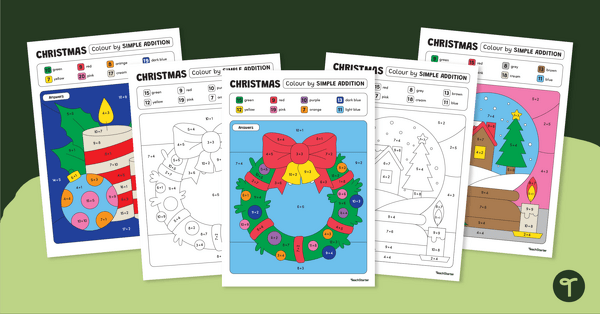
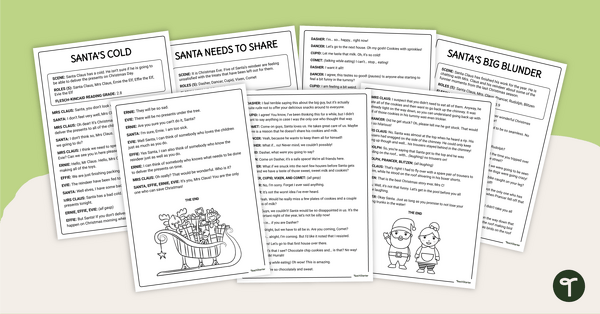
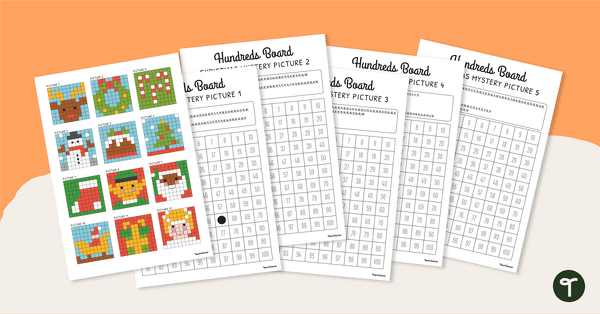
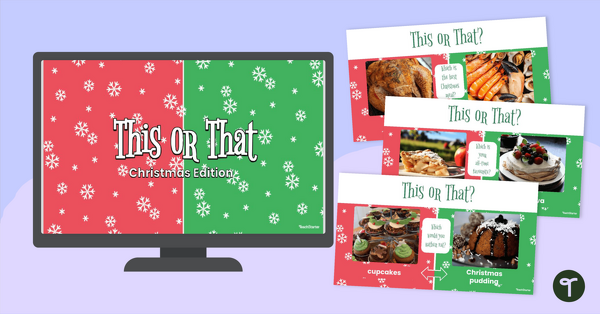
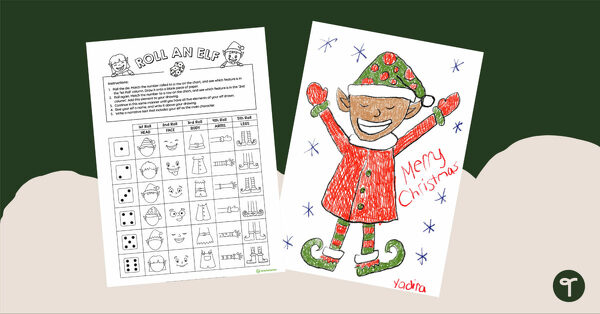

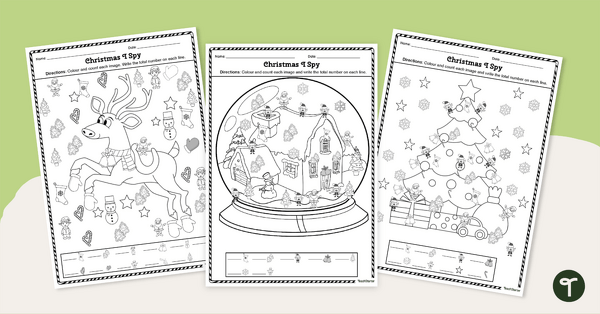
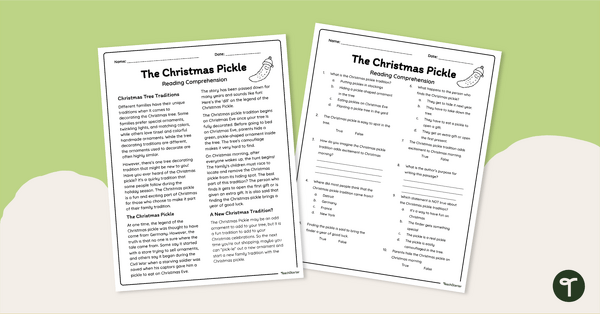
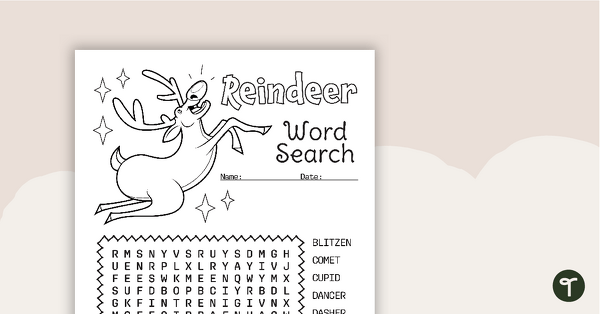
0 Comments
Write a review to help other teachers and parents like yourself. If you'd like to request a change to this resource, or report an error, select the corresponding tab above.